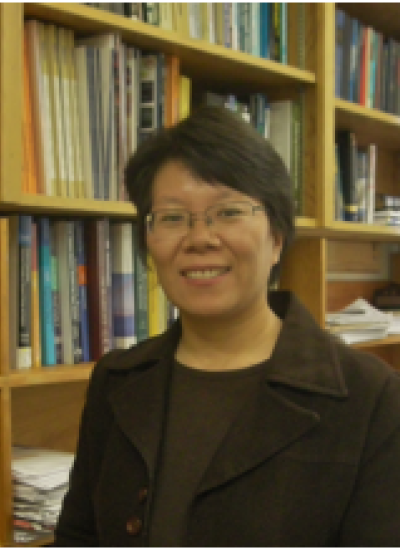Michael F Hammer
Work Summary
Michael Hammer has headed a productive research lab in human evolutionary genetics. His lab were early adopters of next generation sequencing (NGS) technology successfully employed NGS methods to identify molecular lesions causing neurodevelopmental disorders in undiagnosed children. His lab is also currently pursuing studies to identify modifier genes that alter the expression of major genes and how they contribute to phenotypic heterogeneity in Mendelian disorders.








